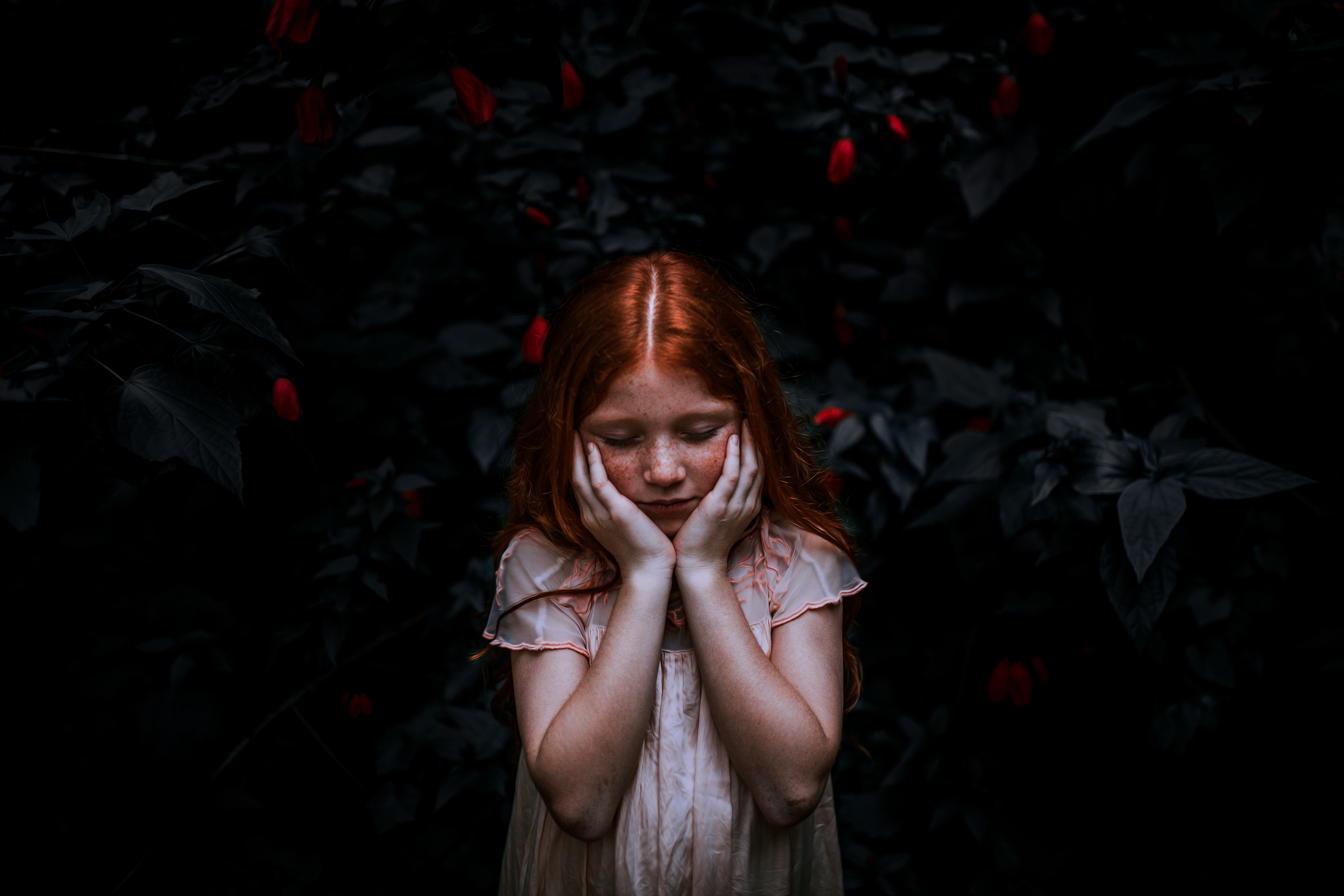There are often many misconceptions when it comes to OCD, or Obsessive-Compulsive Disorder, to give it it’s full name. So, what is OCD and how do you know whether your child is suffering from it?
In order to be able to help a child with OCD, it’s so important for a parent or guardian to understand how OCD actually works. Let’s begin by analysing the words themselves.
Obsessive: This relates to obsessive thoughts. Now by obsessive, I don’t mean obsessing in the normal way that children obsess over things, for example, my daughter is obsessed with all things Beyonce. Obsessive within an OCD context, is anything but normal, because these obsessions are bad ones rather than good ones: and things that they wouldn’t usually think about.
The “compulsive” part involves taking actions that they wouldn’t usually do and then having to repeat them, over and over again.
Finally, the “disorder” bit is where the child cannot release the thoughts. They become trapped. The best analogy that I found to describe this was by thinking of thoughts as going around on a wheel in the mind.
Now while most children’s thoughts will release almost straight away. A child with OCD will be unable to release the thought as it becomes “trapped”, like continuously going around and around on a wheel. This then develops into an obsession, resulting in the need to have to carry out compulsive rituals, over and over again, in the belief that these repetitive actions will keep them “safe”.
Child OCD symptoms can vary greatly. Some examples include having to:
· Tap
· Wash hands excessively or to clean surfaces
· Check things over and over
Identifying early OCD symptoms in children can be crucial, because sadly, if left untreated, OCD becomes like a “greedy monster” that will never be satisfied or full. The more its demands are met, the bigger the demands will become; not just for the child, but for the whole family too, as OCD will try to recruit everyone in its path. You’ll be amazed what it will manage to get others to do.
So how can you tell if your child is developing OCD and how can you support them?
Identifying any early signs is key, because the more advanced OCD becomes, the harder (and longer) it becomes to treat it. Almost like needing to crush a seed before it has the opportunity to grow. The difference between normal anxiety in children and OCD is that normal anxiety can be calmed and controlled, whereas OCD anxiety can’t and OCD anxiety will require rigorous and repetitive actions to be carried out to calm the anxiety.
Here are a few tips that I have found useful when dealing with child OCD:
· Find the trigger: There will always be an event or person that will have triggered the extreme anxiety that led to your child developing OCD. Finding the trigger and working on that area and anxiety can help.
· Stay Calm: If your child is becoming angry or distressed during an OCD meltdown, it’s important to take on board that it isn’t your child that is shouting, it’s the OCD. So, try not to take it personally.
· Avoid negative or command language: Try to avoid using negative or command words within your communication: Words like “contamination”, “can’t”, “have to”.
· Stick to the plan: Whatever actions you decide to try to alleviate OCD, try to remain consistent with these actions and ensure that the whole family works as a team wherever possible. OCD can create a lot of tension among families, so stay strong and united in your efforts.
· Don’t forget siblings: Having a child with OCD will often impact on siblings too as it takes up a lot of energy and time. This can be very difficult for a sibling to understand especially the fact that imaginary thoughts are having such a negative effect on the whole family.
· Distraction: Distraction can prove a very powerful way of helping a child with OCD: Some examples of effective distraction techniques include:
1. Music (including singing), and exercise.
2. Making a sensory box: namely keeping items that appeal to all of the senses in a box and taking them out whenever necessary.
3. Keeping a journal –Write down 3 positive things a day.
4. A car ride.
5. Playing a board game as a family.
· Rewards: Recovery from OCD can be painstakingly slow. That’s why it’s often recommended to break each step into smaller steps and to then offer rewards for each step successfully completed. Rewards can be a really effective way of getting your child on board with any therapy.
Finally, If I was to sum up having a child with OCD in just three words, it would be:
Miserable
Isolating
Controlling
Nothing can prepare you for it, or for the roller coaster ride that comes with it!
That’s why finding the trigger point and acting straight away to nip early symptoms in the bud are so crucial, before it manages to take permanent residence in your child’s head and starts controlling not just your child, but the whole family too.


